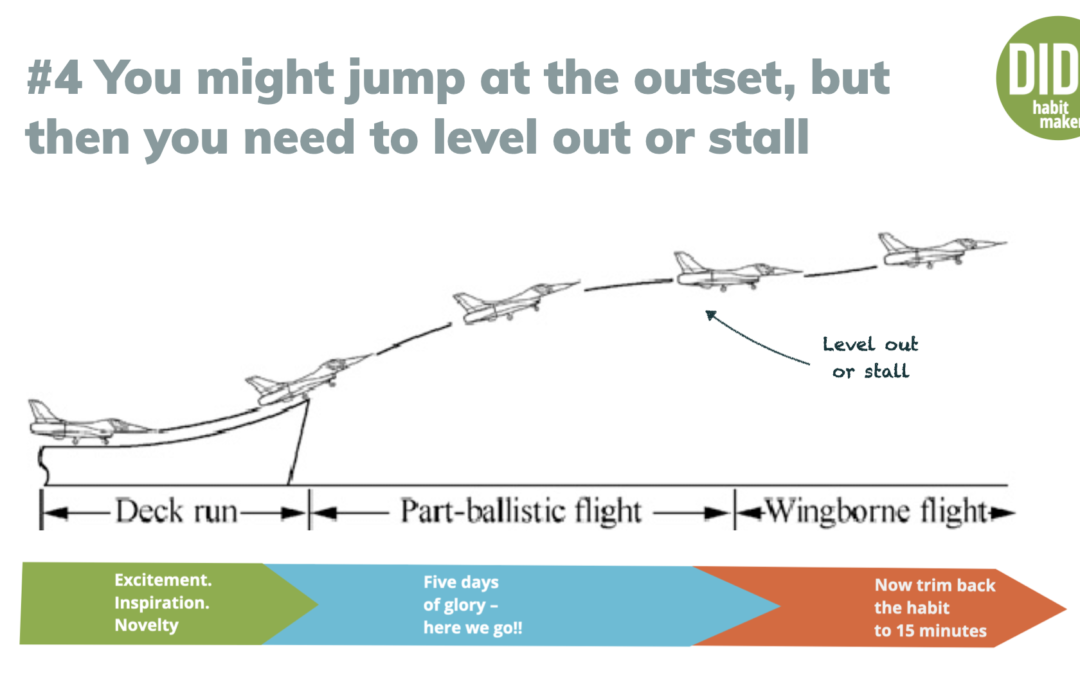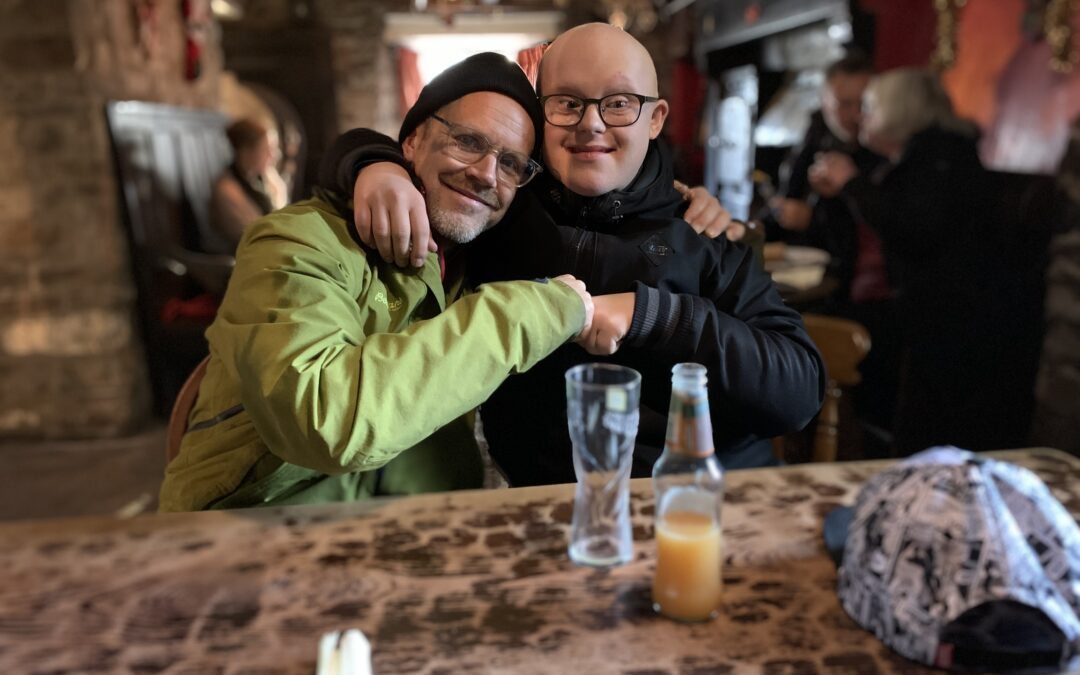A Totem habit is a habit that on the one hand does something useful, but it also has another purpose. It carries a message or reminder.
Things change. But Totem habits, like their carved namesakes, remind us what’s important, who we are, where we come from.
If ever a period of history asked the question, who are you humanity, it must be this one.
The rise of AI means change, of course, but it also forces us to define what is valuable about meatbag humanity, versus the humming server halls that seem poised to take our seat.
Totem poles are found in the Pacific Northwest region of North America. Here First Nation people would gather in longhouses. The house posts would bear the roof, or support the opening, but they also had carvings depicting ancestors, shamanic symbols, and kindred knowledge to be remembered.
A Totem habit does this too. Like a house post it has a central, or at least visible, function in daily life.
The power of a Totem habit comes when it is connected to your core values.
That applies for individuals, but also to groups, teams or organisations.
I think we can all think of many examples, and religious observances like the lighting of an Advent candle have this function.
I’m a little shy about my Totem habit. Not because it’s a bit weird (it is). I’m reticent to share it because I’ve done it for 30 years anonymously.
I clean public toilets.
To be specific, all it generally entails is a tidy round of the papers lining a cubicle floor and a bit of a wipe. It looks nice for the next person to enter. Perhaps it cuts the staff a little break.
It’s had its moments, but let’s leave it at that.
Why, exactly, would anyone do this?
The thing is totemic habits are useful. I’ve learned over the years that without deliberate effort I can go to sleep to what’s important for years on end.
It’s for the same reason I always have a supportive community around me.
Each time I do it, I remember that there was a particular time in my life all those years ago, when I put aside time to look more closely and more critically than ever before at what my values were.
I found that above all I wanted to be a giver. All my seeking in the intervening years has brought me back to that. Loving and giving.
AI and humanity’s first failed test
In a recent interview, Max Tegmark, the Swedish-American physicist, AI activist and MIT professor, pointed out that because of the bad incentives of social media companies, we may have failed one of the first tests AI sets us.
We put AI in charge of recommendation algorithms at the Social Media giants, and it learned that to keep us scrolling endlessly, hateful, divisive, unfriendly content worked best.
In a few short years, he says, we’ve made a world that’s less tolerant, less forgiving and more divided.
The tests AI will present us with aren’t over. None of us knows what ChatGPT 5 will mean. If you haven’t read or listened to Tegmark’s call for a six-month pause in AI development, it’s here.
Now, here is this blog post’s Magic Habit. Take what’s valuable about meatbag you, and put it into your day.
❖❖❖ MAGIC HABIT ❖❖❖ When it comes to our own individual efforts to pass this test, a good way forward is to take something from your own core values and find a totemic habit that makes a small difference and reminds you of your value. Choose something small, not heroic, and consider attaching the habit to some cue in your day or your week, like the stranger you meet on a morning walk, or meal times, or visiting a rest room.
Of course, there are many fantastic forums, secular and sacred, in which to be a giver. Every act of kindness counts. Use those forums if you have them.
But if like me, you didn’t have one handy, then I’d like to think you’ll find common cause with us Habitmakers. There are a few ways to get involved down below.
And if you’d like to share your own experience, I’d love to hear from you. Do you have a Totem habit that is simultaneously useful, but also signals: I care, I’m here, let’s be bigger than our differences?
Three ways to work with Habitmakers
- Join our course **Best Year Ever 24.** In ten sessions over six weeks, here’s a great way to make the plans, establish the habits and build the support system to make 2024 a winning year. And we’ll introduce Effortless Habits, which not only makes even challenging habits a lighter lift, but is also a ticket to a happier journey through life.
- Register for a coached Five-Week Challenge. Get two coaching sessions, buddy support, and training over a five-week period in which you are challenged to keep a 21-day streak of a foundation habit.
- Subscribe to the Habitmakers Newsletter for tips and inspiration and to be kept in touch of events and ways to get involved.
Enrolment for Best Year Ever 24 is open now. Visit this sign-up page to learn more
Tim Wright is the founder of Habitmakers® and author of Habits Are Us – How intentional friendship is the key to the life you want, day after day after day. If you’re struggling to find a buddy, visit https://didu.se/join-a-programme/. Habitmakers also helps organisations create buddy systems for more engaged hybrid working. Scroll down slightly for a free download.



